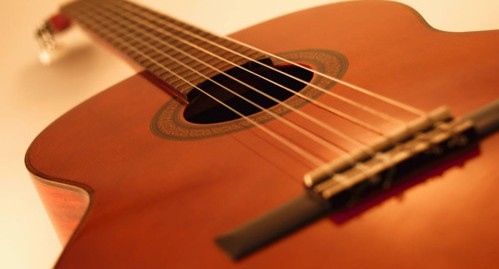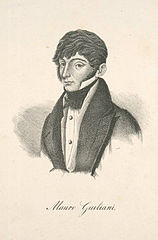Nothing novel. Nothing earth shattering. However, recently I ve been involved in putting that process behind some tech i.e. software ideas of enabling music study and so I have to think a lot about what I actually do.
It turns out that what I do is what I have always done and asked to be done in most types of study. What I do is that I study in containers or categories of study that have generally a progression of what is to be learnt and what should be achieved. We all have been doing this. We call them “courses” at the university , perhaps “classes” at the high schools but the idea is the same. I’m calling what I do “notebooks” because that’s actually what I have been doing for music study. I have grouped what I do in the following notebooks:
- Acoustic Steel String Studies
- Active Music Listening
- Bass Guitar Studies
- Classical Guitar Studies
- Ear and Rhythm Training
- Jazz Fusion Improv
- Keyboard Studies
Everyone of these notebooks has a progression and a set of objectives. It varies from notebook to notebook. Some is about learning repertoire, some about learning supporting technique, some is about improving my musical ear etc.
To be successful in one’s music study its not enough just to put in the time. Its about what is done with the time. How one strives to meet certain objectives given one’s current level of musicianship and very importantly how one strives to make sure one has a balanced study approach that covers everything that it takes to become a better musician in the context of one’s personal goals of course.
Just tracking how much time I put in on piece of repertoire is not enough.
It should go without saying that along with a plan of study there must be a way of measuring progress and indeed the objectives of a “notebook” must be demonstrated somehow. That is part of what effective study must do and its part of what this most un-novel approach is about i.e. it must measure progress.
That I will leave for another post.

